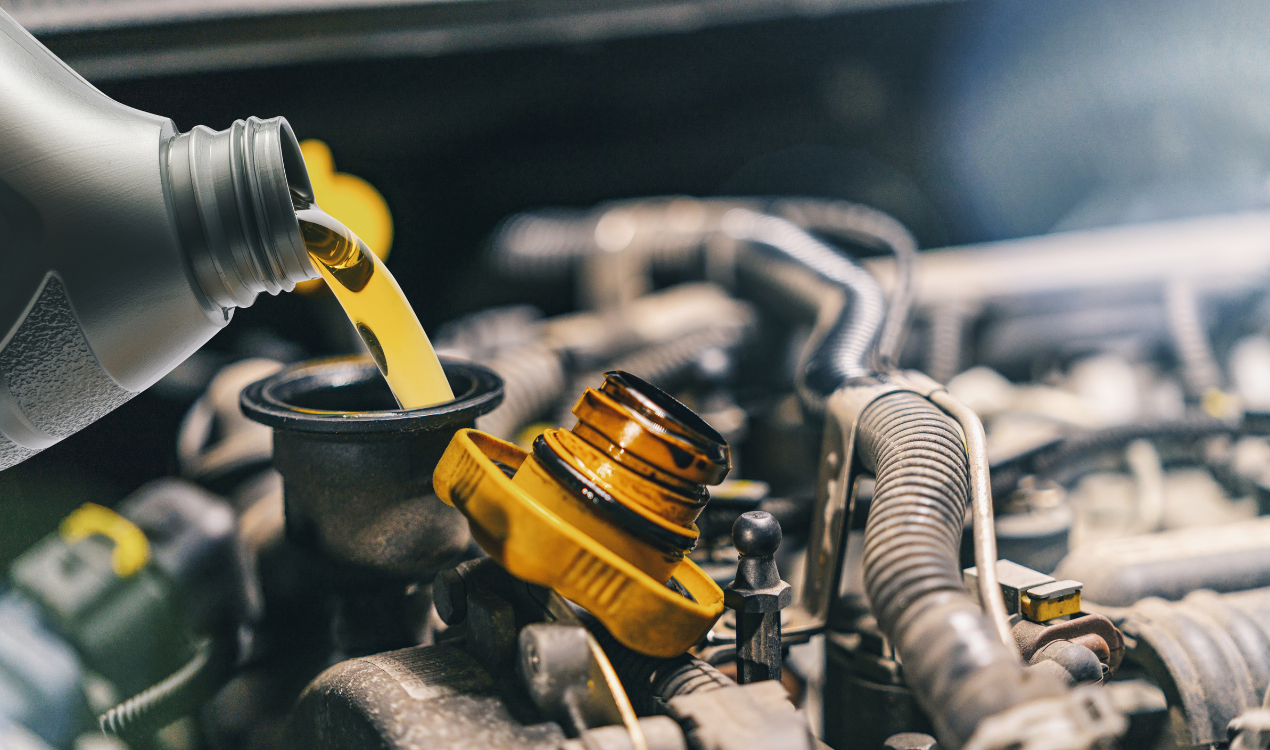
How Long Can You Go Without an Oil Change?
The age-old question: how long can you go without an oil change? It’s a dilemma that has plagued car owners for decades, and while there’s no definitive answer, we’ll take a deep dive into the topic to provide you with a comprehensive understanding.
Growing up, I witnessed the consequences of neglecting oil changes firsthand. My father, a notorious procrastinator, would push the limits of his car’s maintenance schedule. Inevitably, his vehicles would fall victim to catastrophic engine failures that could have been prevented with timely oil changes. His costly experiences instilled in me the importance of regular maintenance, particularly when it comes to oil changes.
Oil Filters: The Unsung Heroes of Engine Health
To understand the importance of oil changes, we must delve into the unsung heroes of engine health: oil filters. These filters play a crucial role in removing contaminants from the oil, such as dirt, metal particles, and combustion byproducts. Over time, these contaminants accumulate in the oil and can cause serious engine damage.
As the oil filter becomes saturated with contaminants, its efficiency decreases, allowing harmful particles to circulate throughout the engine. These particles can clog vital components, such as oil passages and valves, leading to reduced lubrication, increased friction, and accelerated wear. Ultimately, this can culminate in catastrophic engine failure.
Oil Degradation: The Silent Enemy
While oil filters remove solid contaminants, oil itself also undergoes degradation over time. As oil ages, it loses its lubricating properties, becoming less effective at protecting engine components from friction. Additionally, oil can degrade due to heat exposure, oxidation, and contamination with other fluids, such as coolant or fuel.
Degraded oil can lead to a range of problems, including increased wear, reduced fuel efficiency, and higher emissions. In severe cases, it can cause engine overheating, seizing, and even complete failure. Therefore, it’s essential to replace oil before it becomes excessively degraded.
Factors Affecting Oil Change Intervals
The recommended oil change interval for a particular vehicle depends on a multitude of factors, including:
- Type of oil used (synthetic vs. conventional)
- Vehicle’s age and mileage
- Driving conditions (e.g., severe stop-and-go traffic or long highway drives)
- Manufacturer’s specifications
Generally, synthetic oils have longer lifespans than conventional oils, allowing for extended oil change intervals. Newer vehicles also tend to have longer recommended oil change intervals due to advancements in engine design and oil technology.
Tips and Expert Advice
In addition to adhering to the manufacturer’s recommended oil change interval, there are several tips and expert advice you can follow to maximize engine health:
- Monitor oil level and condition regularly. Checking your oil level and condition periodically using a dipstick can provide early warning signs of any problems.
- Use high-quality oil. Invest in high-quality oil that meets the manufacturer’s specifications. Synthetic oils are generally superior to conventional oils and can provide extended protection.
- Consider shorter oil change intervals under severe driving conditions. If you frequently encounter stop-and-go traffic, tow heavy loads, or drive in dusty or sandy environments, consider shortening your oil change intervals.
- Listen to your car. If you notice any unusual noises or changes in engine performance, such as rough idling or knocking, it may be a sign that your oil needs to be changed.
By following these tips and seeking the advice of qualified mechanics, you can significantly extend the lifespan of your engine and avoid costly repairs.
FAQ
Q: What happens if I don’t change my oil?
A: Neglecting oil changes can lead to premature engine wear, reduced fuel efficiency, increased emissions, and ultimately, catastrophic engine failure.
Q: How often should I change my oil?
A: Oil change intervals vary depending on factors such as oil type, vehicle age, driving conditions, and manufacturer’s recommendations. It’s generally recommended to adhere to the manufacturer’s specified interval.
Q: Can I change my oil myself?
A: While it’s possible to change your oil yourself, it’s recommended that you seek professional assistance from qualified mechanics to ensure the job is done correctly.
Conclusion
The question of how long you can go without an oil change is not an easy one to answer. However, by understanding the importance of oil changes, the factors that affect oil change intervals, and following the tips and expert advice provided in this article, you can make informed decisions about the maintenance of your vehicle and potentially avoid costly engine problems down the road.
Remember, regular oil changes are crucial for maintaining optimal engine health and longevity. By following the manufacturer’s recommended oil change interval and incorporating the tips discussed in this article, you can ensure that your vehicle performs at its best for many years to come.
Are you interested in learning more about oil changes and other car maintenance topics? Leave a comment below and let us know your questions or share your experiences.

Image: www.crossroadshelpline.com

Image: discountdumpsterco.com
How long can you go without changing an oil filter? – Quora Jan 12, 2024Vehicles with synthetic oil, severe driving conditions: 5,000 miles (ca. 8,047 km) or every six months. Recommended intervals vary according to vehicle make and model. So, you need to consult your car owner’s manual or vehicle repair manual for the particular oil-change interval that applies to your model.